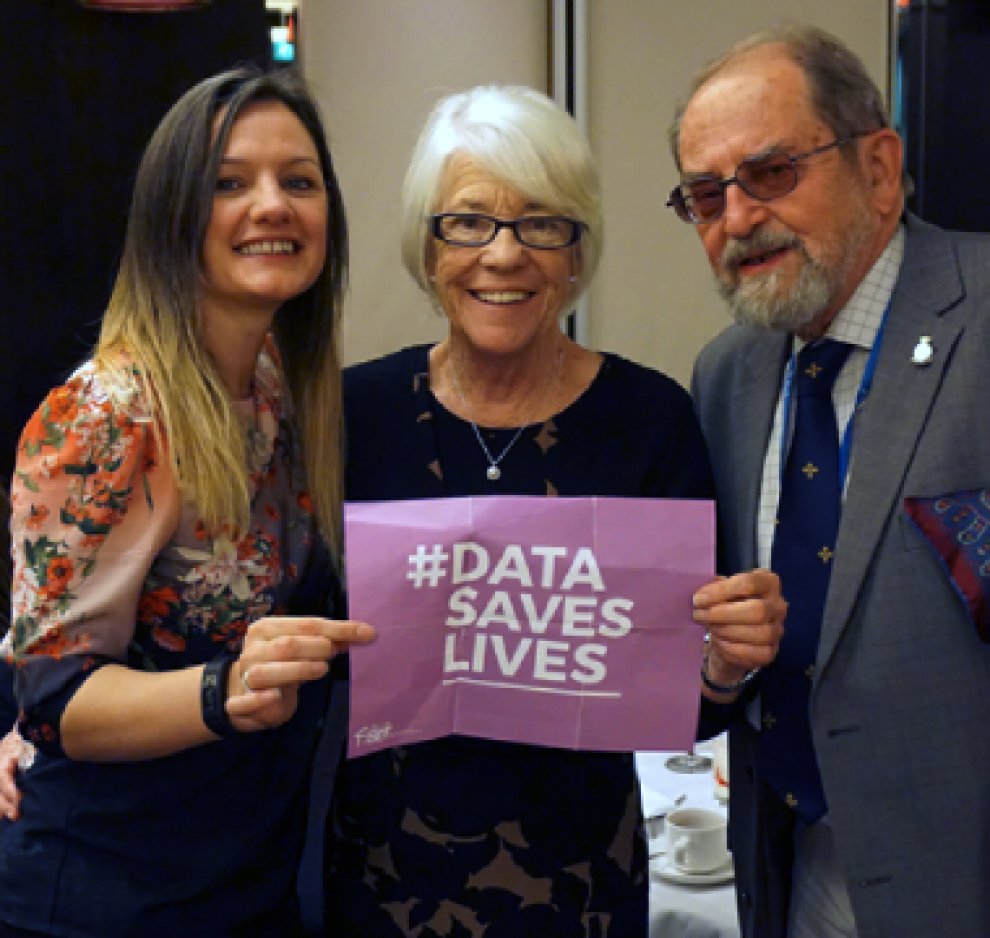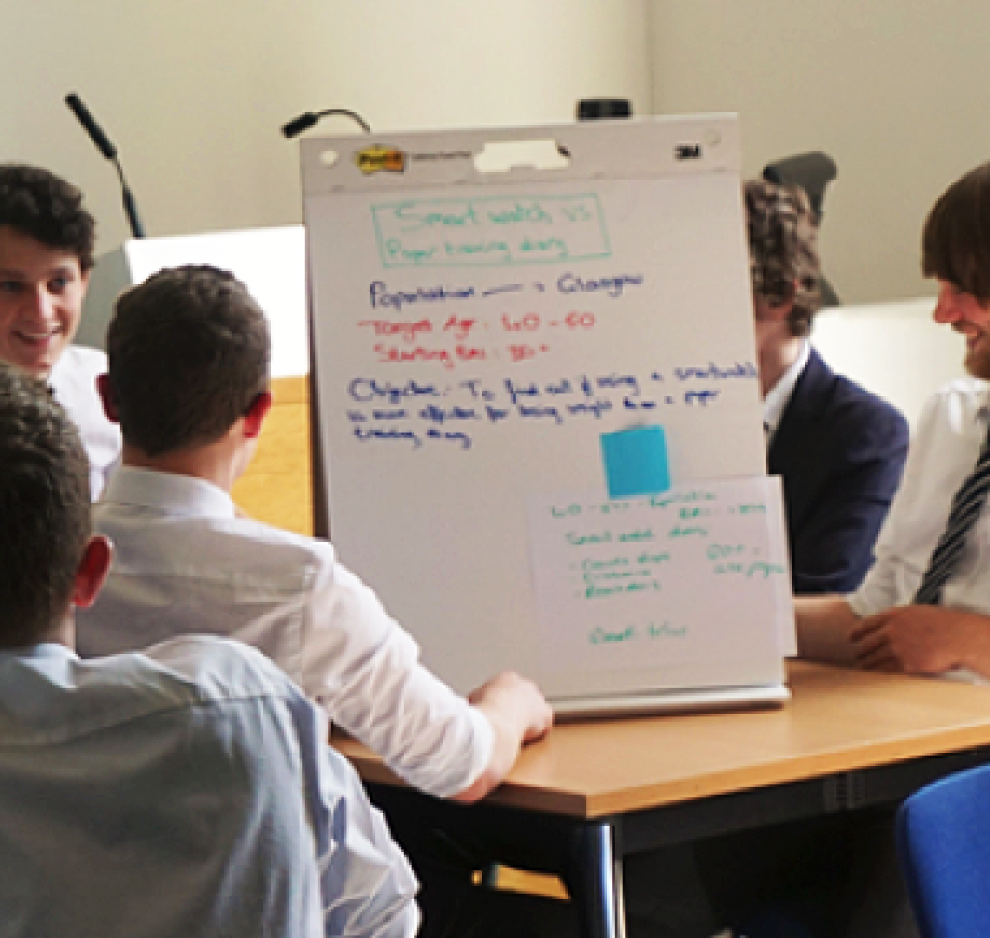The Farr Institute, London aims to promote a new culture of engagement between the public, patients, clinicians and researchers, based on joint development of consent models and electronic health records research to improve patient care and public health.
# Data Saves Lives
See how data saves lives, follow us on twitter.
Activities
Our involvement in patient and public engagement activities, see our highlights.
Resources
Get involved with our impact related information.
We are mindful of the importance of transforming the relationship between the patient, their health record and its uses for clinical care and translational research. The Farr Institute promotes a transparent and balanced view of the benefits of using public health (and other) data for research to improve patient outcomes and service delivery, and examples of how researchers use data. One of the ways we are doing this is through our #datasaveslives campaign, a public engagement campaign designed to highlight the positive impact of health informatics research on public health.
Frequently Asked Questions
Learn more about the Farr Institute, Farr London and CALIBER
We believe public engagement should involve multi-way conversations about research and intended outcomes, with consumers and the general public involved throughout all stages in the research process. At the Farr, we support patient and public engagement in a number of ways:
- We have an established Patient and Public Working Group and virtual panel who support the Institute in meeting its objectives and ensuring high-quality research in the public interest. The Group, which has a particular interest in healthcare records research, is actively involved in various projects and events at the Farr Institute using health records data to study the risk of diseases in wide-reaching clinical areas (e.g. dementia, shingles, epilepsy and heart disease), and development of the research agenda in areas from cancer through to ear, nose and throat care.
- We facilitate open dialogue with the public to share information about the ways in which researchers use personal information, what the priorities for research are, and the safeguards which need to be in place to carry out our research. Our public engagement programme includes running seminars and workshops for the public to maximise research impact and patient benefit.
- We promote effective partnerships to encourage partners to embed public engagement in their work from design through to dissemination and beyond. For example, patients and the public are invited to help refine research objectives and methodology to answer important new questions that can only be answered using large health datasets.
- We provide information and support to researchers wishing to carry out public engagement activities in their research, and to maximise the quality and impact of their activities, in conjunction with established training and outreach offered by UCL (https://www.ucl.ac.uk/public-engagement)
- Lay members of the public have been shown to be experts at finding unconventional and surprisingly uncomplicated solutions to problems scientists have been struggling with for years. We encourage citizen science by promoting involvement of the public in analysing data to widen research horizons and uncover new research dimensions.
- There is a current skills shortage in the field of health data science. As part of the Farr Academy, we are developing a comprehensive schools engagement programme with the aim of introducing a young generation to the possibilities and techniques for using big health data at an early stage of their education. Opportunities include data dive events where children will have a unique opportunity to get hands-on experience of interrogating large datasets.
 Close
Close





